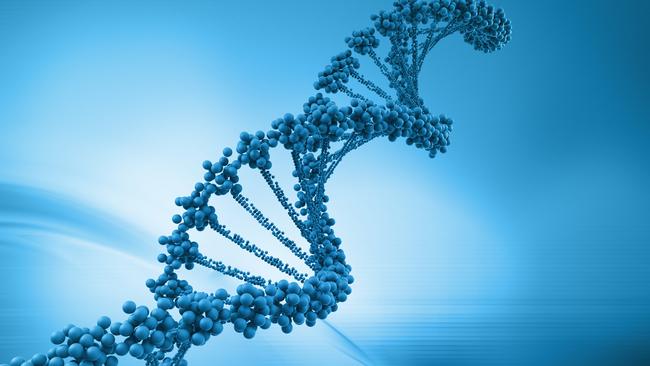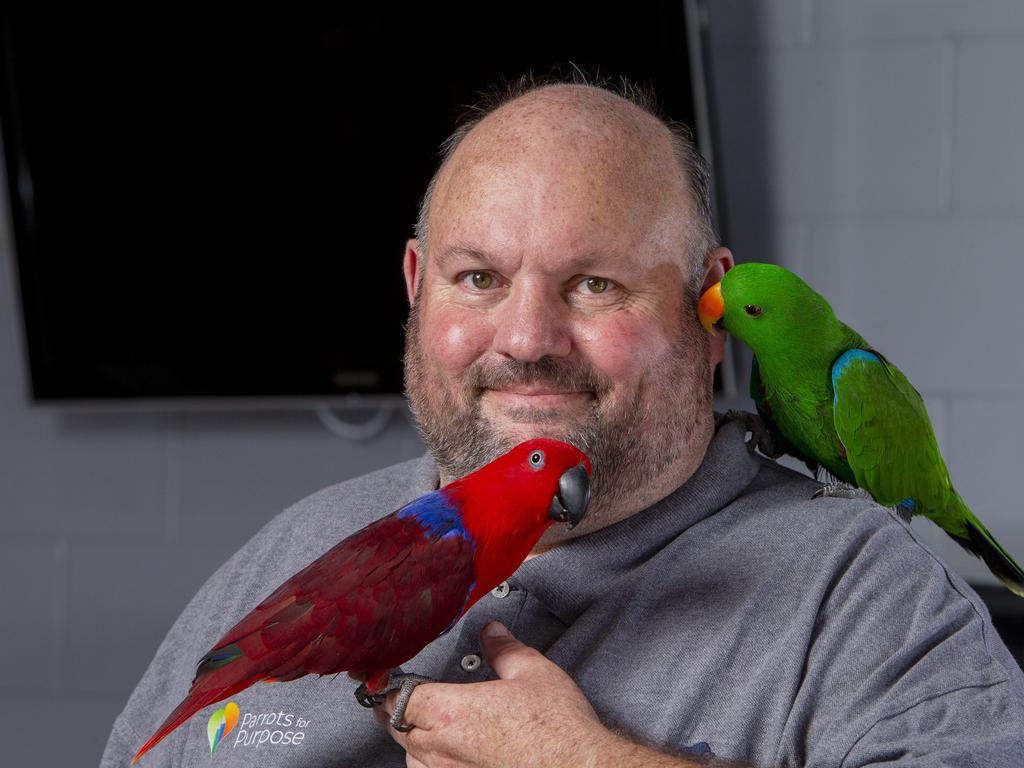Genomics set to enable rare diseases to be diagnosed quicker and potentially treated
Australian research institutes are poised to lead the world in the quest to rapidly identify rare genetic conditions and pave the way for potential intervention to prevent their devastating effects.

Australian research institutes are poised to lead the world in the quest to rapidly identify rare genetic conditions and pave the way for potential intervention to prevent their devastating effects with the establishment on a new national genomics consortium.
The Centre for Population Genomics, a joint initiative between the Murdoch Children’s Research Institute and the Garvan Institute of Medical Research, has been backed by a large federal grant to launch a world-leading project to integrate genomic data from vast international repositories with artificial intelligence technology to enable rapid diagnosis that will in future be integrated into clinical practice.
The Victorian Clinical Genetics Service, Australian Genomics, Macquarie University’s Australian Institute of Health Innovation, and SA Pathology are partners in the project, together with research partners in the US and Britain.
The $8m grant from the Medical Research Future Fund’s Genomics Health Futures Mission, will support the establishment of the Australian Alliance for Secure Genomics and AI in Rare Disease, which will work to empower safe use of advanced analytics such as AI to improve the diagnosis of genetic diseases.
The consortium is aimed at understanding and eventually denting the devastating effects of severe genetic diseases, such as muscular dystrophy and cystic fibrosis, that affect at least one in 17 Australians, disproportionately children.
Rare genetic diseases are often very hard to diagnose, with scientists trying to identify causative genetic changes amid millions of ordinary genetic DNA alterations in any individual, making the process of diagnosis akin to “looking for a needle in a haystack”. t AI is now poised to revolutionise this process.
“Unfortunately, for nearly half of all Australian patients affected by these conditions, current approaches can’t provide a confident diagnosis, preventing families from accessing critical new precision medicines,” said Daniel MacArthur, chief investigator on the grant and director of the Centre for Population Genomics.
“A new wave of powerful analysis tools leveraging AI promises to change the way we diagnose genetic disease, just as they are transforming so many other fields.”
The grant is part of $27m in grants announced by the federal government for genomic medicine and cancer research.
“This research is world-leading and these projects have the potential to be game-changers that will lead to advances in diagnosis, treatment and outcomes for Australians and around the world,” Health Minister Mark Butler said.
The alliance’s work will be the subject of discussion at the SXSW Sydney 2024 conference in October, where Professor MacArthur will sit on a panel entitled The Genomic Transformation of Medicine together with Enzo Porello from MCRI and Google DeepMind AI researcher Clare Bycroft. The panel will be chaired by genomic medicine and child health advocate Sarah Murdoch.
The SXSW panel will discuss opportunities for transformative technologies and the impending challenges of cost, data privacy, and equity in the genomic era.






To join the conversation, please log in. Don't have an account? Register
Join the conversation, you are commenting as Logout